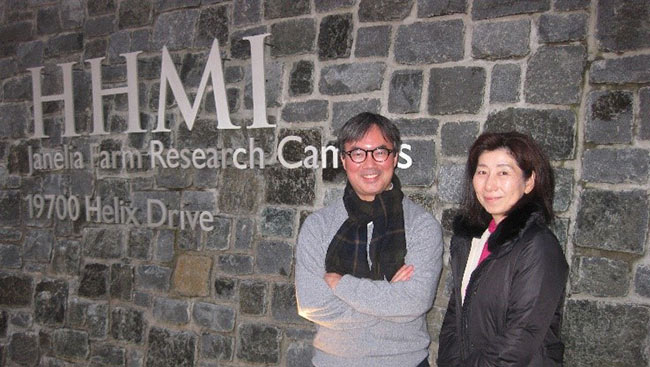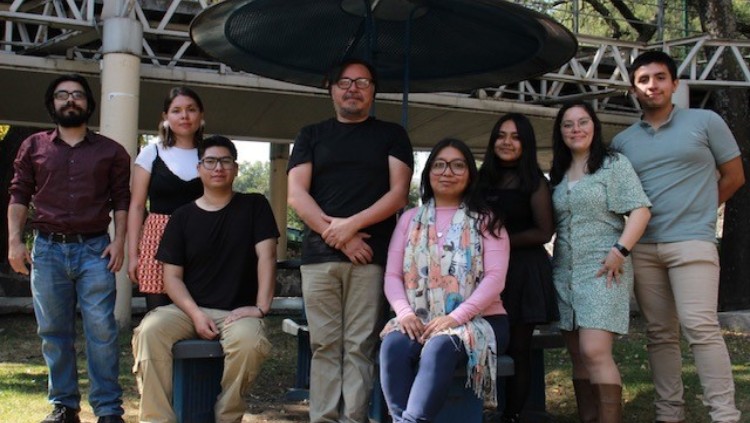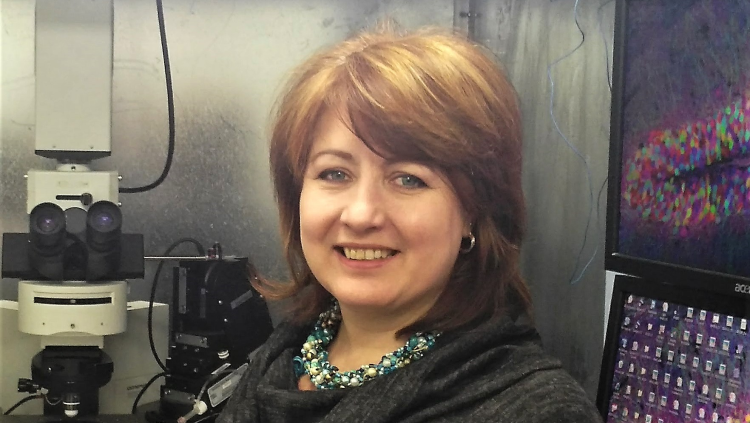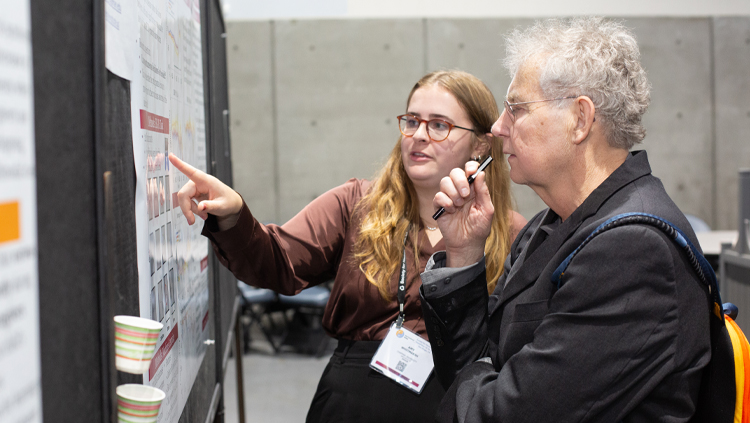
This resource was featured in the NeuroJobs Career Center. Visit today to search the world’s largest source of neuroscience opportunities.
I’ve been interested in science, literature, and writing — creative writing especially — since I was young. I ended up studying science (biochemistry), literature, and creative writing in college and faced a tough career decision when I graduated. I chose science and thought my writing career had ended.
But later, when I started considering careers away from the bench, I realized that I could combine my writing and literature interests with my science interests. That inspired me to move to the journal editing field where I evaluated papers and manuscripts in many fields of science. Now, I serve as the Director of Research Administration at the RIKEN Brain Science Institute, where I focus on science communication and writing in the context of research development and global engagement.
While I've come full circle, switching from bench research to science writing wasn’t an easy transition, and, in fact, I struggled with the decision for many years.
As a researcher, it was a challenge for me to focus on a narrow question because I was continually drawn to the bird's eye view. I also felt a stronger need to express myself intellectually through writing than I did through working at the bench. When those two realizations clicked for me, I knew that I needed to explore other career paths.
I was inspired to become a journal editor where I could incorporate my writing skills and learn to read and evaluate manuscripts from many areas of science. Eventually, I became a Senior Editor at Neuron. In this role, I gained valuable insights into the peer review and publishing processes.
When I started working at the journal, all I knew about peer review was what authors see on the other side of the manuscript submission portal: You submit your paper, get three reviews, try to address them the best you can, and then receive a rejection or acceptance letter.
Managing peer review, however, showed me that the process is a deeply human enterprise. It’s all done voluntarily by reviewers who agree to adhere to an ethical system while they evaluate other people’s work. As a journal editor, creating a fair peer review process through carefully selecting reviewers with diverse expertise, balancing competing interests between authors and reviewers, and managing differences between reviewers was the core of what I did every day. Peer review is not a perfect process, but it's the best one we have so far to evaluate quality and priority in research.
Now, I apply my knowledge of science evaluation, peer review and publishing at RIKEN, where I help to oversee research development and output, global communication, collaboration, and outreach.
My job is fluid, diverse, and dynamic. Every day is different, which is fun. I help to facilitate the institute’s research output, but I also serve as a consultant to researchers at all stages of their projects and careers, guiding them on how to productively move their research forward to publication. Research is hard. You could spend years on a project collecting data but not be skilled at writing a paper that accurately and positively represents your discovery. I try to fill that gap by working one-on-one with researchers to shape solid paper narratives and by teaching writing and publishing workshops.
My path has led me to a place where I’m able to bring unique value to the scientific community by drawing on my experiences as a researcher, writer, and journal editor.
If you’re a trainee who also has diverse interests or skills, my advice is to spend as much time as you can learning how to conduct research while in parallel exploring the way you most enjoy doing science.
We tend to want to be like our role models and mentors — and there's value to that — but we each have our own path. Constantly self-evaluate and think about what type of research you'd like to conduct and whether or not you want to pursue research at the bench. Careers involving science writing and communication, advocacy, policy, administration, or other fields should be kept on the table.
Science is a huge enterprise and not everyone needs to be specialized for research in a particular field. There's a lot you can do within science that's interesting, valuable, and worthwhile.






